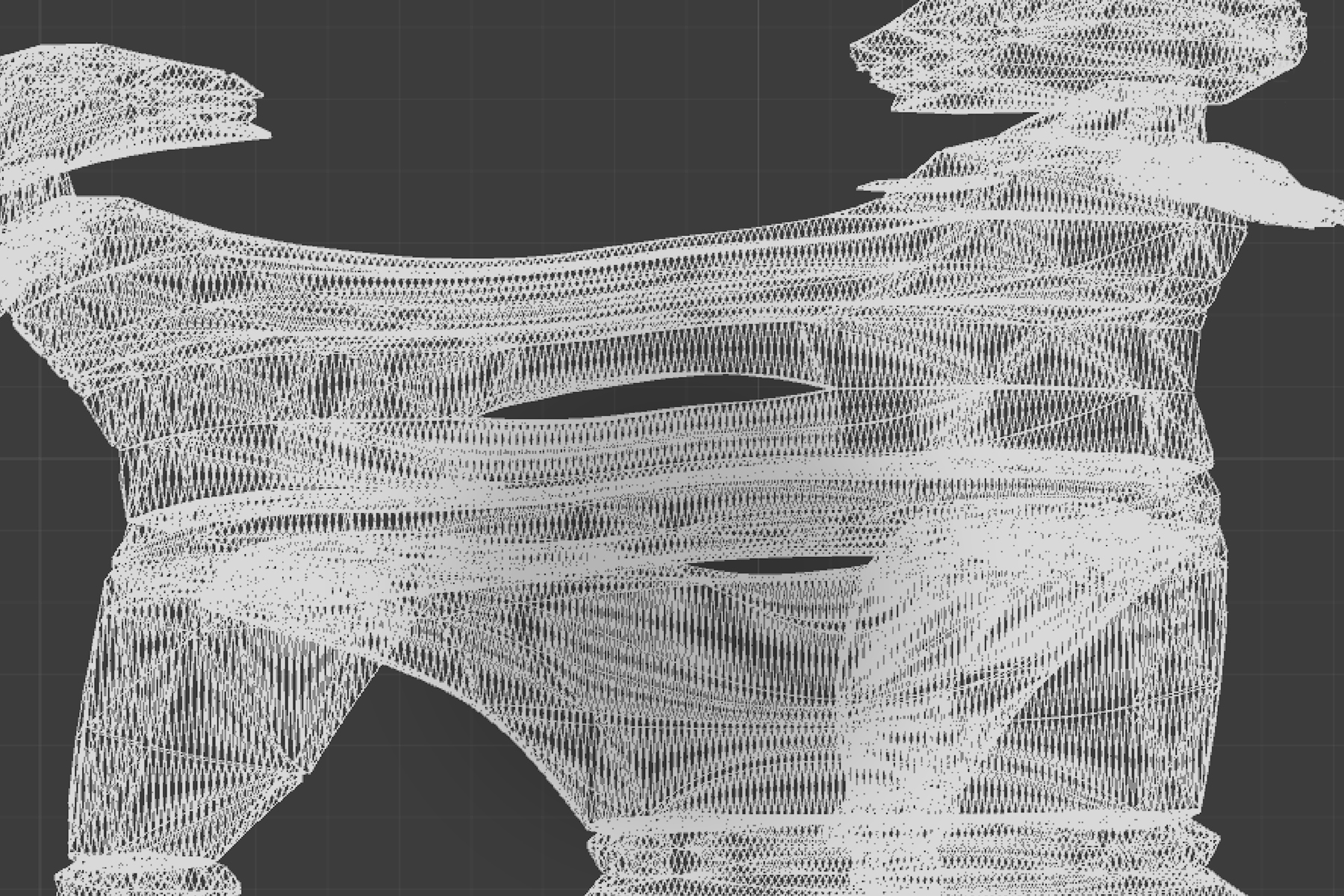Jonathan will be presenting “Taking care of business: OER and the bottom line” alongside John Casey from UAL and Shaun Hides on Wednesday 27th March at OER13, hosted this year by Nottingham University, UK.
Details of the paper:
This paper reflects on the experience of two Art, Design and Media (ADM) studies based institutions participating in a short project to explore the international business opportunities that can arise from involvement with OERs and the open education community. It discusses how OER engagement might move forwards from an activity carried out by enthusiasts, supported by short-term external funding. It asks how can a continuing, or even increasing, involvement with OER activity be justified in a climate of economic retrenchment? The paper advances the business case for institutional engagement with OER and the global open educational communities as a good opportunity to help reconfigure our institutions for a changing world educational market. It also explores how approaches to sustainable engagement with OER creation may, in turn, help support institutional and cultural change ‘at home’.
We think that the collaborative nature of the ADM subject base and the related practitioner communities lends itself particularly strongly to international collaborative efforts. This coincides with international policy discussions in the OER community (UNESCO, 2010), that stress the need to move forwards from the earlier north/south and producer/consumer model to a much more collaborative effort. An important aspect for us to explore, are the dual teacher/practitioner links of many ADM teachers and institutions to the international networks of design, production and distribution that comprise the creative industries. This provides a vital context for much of the teaching in the sector and already leads to many international business opportunities.
It is clear that the traditional teaching model as well as a wide range of associated institutional systems needs to change. Educational technology and its many proponents have failed to deliver a breakthrough change, despite constant claims to be on the brink of doing so (Hoel, 2010). A lack of attention to systemic and soft issues (such as tradition, structures and cultures) is often cited as some of the causes for this failure. So, how might engaging with OER engineer a wider cultural change that breaks the current hegemony of classroom and studio-based teaching and aid long-standing and well-articulated aims for the wider reform of higher education (Laurillard, 2002)?
We conclude by looking at the institutional and national ‘value proposition’ for OER engagement (Chow, 2010) and the related shift in thinking that are developing in open education and elsewhere. We identify an emerging challenge to several decades of neo-liberal discourse from policy elites (Harvey, 2007), which have proposed economic competition between institutions as the main organising principle for higher education and conceptions of what a university should be (Barnett, 2003). Hartd and Negri (2010) suggest that such a mind-shift is needed in order to move forwards and advocate what they describe as the ‘entrepreneurship of the commons’. This situation contains all the contradictions and paradoxes that attend any social and economic change and we identify some of its main characteristics, as well as the advantages and risks of being involved in the rapidly evolving open global education ‘economy’.
Authors: John Casey, Jonathan Shaw and Shaun Hides

